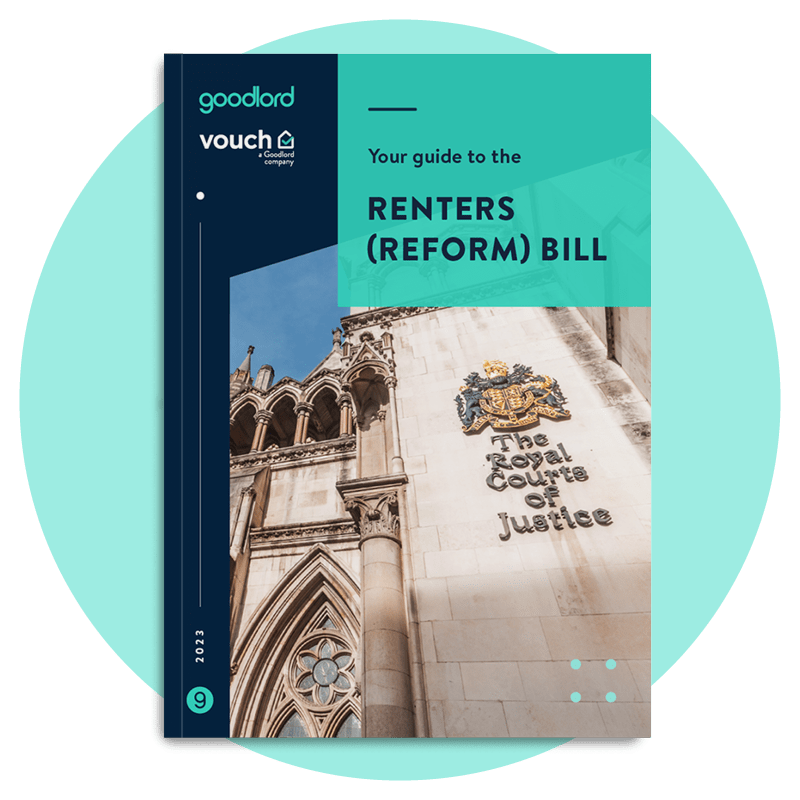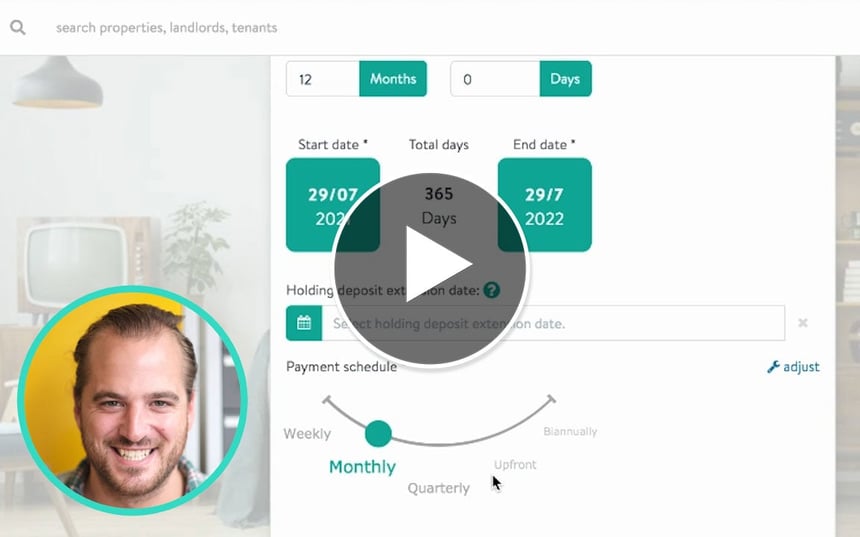Your guide to what the Debt Respite Scheme (Breathing Space) means to landlords and agents [+ free guide]
The Debt Respite Scheme, or "Breathing Space" law, will come into effect on 4 May 2021 in England and Wales, to "give someone in problem debt the right to legal protections from their creditors" - including tenants.
Covid-19 may have left some tenants struggling to pay their rent, and this new law will ensure they have some "breathing space", giving them time to find a way to pay off their debts, from 4 May 2021, in England and Wales.
You can learn more about the breathing space service in the webinar Q&A with Landlord Action's Legal Director, Tim Frome.
What is a "breathing space"?
The law will cover two types of breathing space, according to the government guidance: a "standard" breathing space and a "mental health crisis" breathing space.
- The "standard" version will give tenants in problem debt "legal protection from creditor action for up to 60 days", with most enforcement action and contact from creditors paused and most interest and charges frozen.
- The "mental health crisis" breathing space will include the same protection but over a longer period of time. For tenants in mental health crisis treatment, the breathing space will cover the whole treatment length and an additional 30 days from when the treatment ends.
The guidance also notes that the breathing space is "not a payment holiday". Although the breathing space debt can't be enforced during this period and interest can't be charged on it, "a debtor is still legally required to pay their debts and liabilities". This means that any tenants in debt should continue to pay any debts owed to their landlords.
How can a breathing space be set up?
A breathing space can be started for your tenants by a "debt advice provider", as long as they are authorised by the Financial Conduct Authority (FCA), or a local authority that provides debt advice to local residents.
Landlords and agents would receive an electronic or postal notification about each debt owed in a breathing space, informing them of the date from which the breathing space will apply.
What can landlords or agents do during the breathing space?
During a breathing space period, landlords and agents won't be able to "take any enforcement action" against tenants in rent arrears. This means that they won't be able to serve Section 8 notices during this time, or take possession of the property if notice was served before the start of the breathing space, according to the NRLA.
The Association also confirms that landlords can't "apply for a warrant or money judgement or receive a possession order during the Breathing Space" and can't contact their tenants to ask for payment of the arrears or for any "judgements against former tenants for damage to the property or other unpaid bills", throughout the breathing space period.
Landlords can continue to contact their tenants around topics unrelated to the debt - for maintenance or repairs for example - and can respond if their tenants reach out to them directly to discuss their debts.
How does the breathing space affect section 8 and evictions?
If a landlord or agent has already started proceedings related to a breathing space debt, the landlord will need to let the court know, and would only then be able to take enforcement action in relation to the debt with the court's permission.
"If you are a landlord chasing rent arrears, and your tenant suddenly goes into this scheme, everything stops," Robert Bolwell explains in his June 2022 legislation update webinar with Goodlord. "You can't send out a section 8, you can't start a court action. If there's going to be a hearing tomorrow morning, that's got to be adjourned."
Only once the breathing space comes to an end can the court proceedings restart.
This article is intended as a guide only. For more information, see gov.uk.









